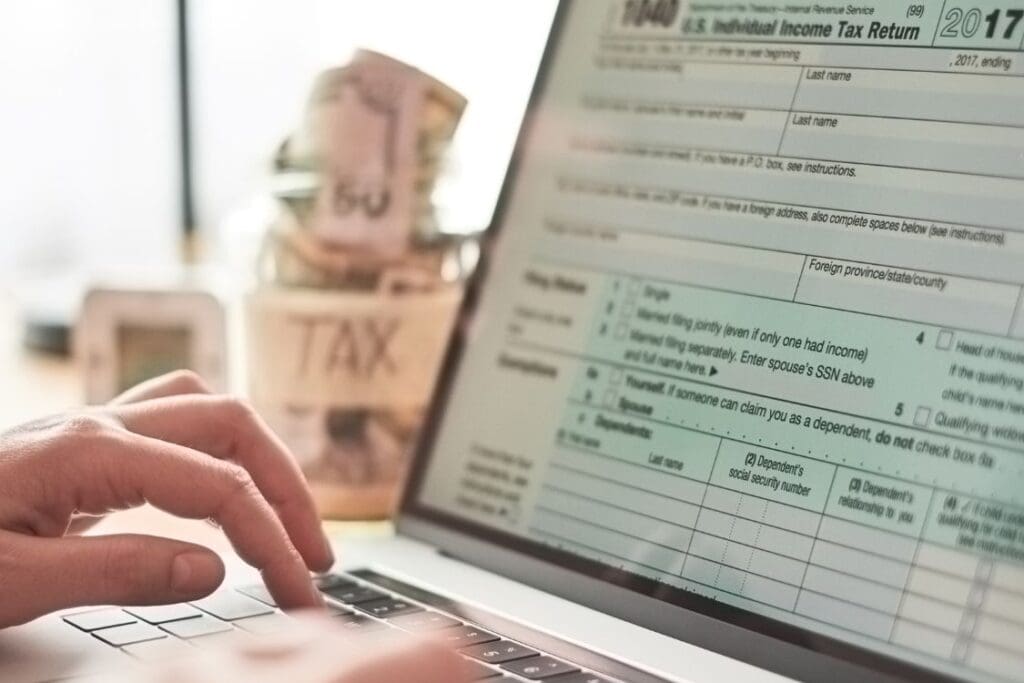The concept of unpaid trusteeship has been one of the defining characteristics of the charitable sector, contributing greatly to public confidence in charities. The basic principle is that trustees must not put themselves in a position where their personal interests conflict with their duty to act in the interests of the charity unless authorised to do so.
Key areas to consider are:
Expenses: However, trustees are entitled to have their expenses met from the funds of the charity. Expenses can include a wide range of costs including, for example, travel and other costs of attending meetings, specific telephone and broadband charges, travelling on trustee business, and providing childcare or care of other dependants while attending to trustee business.
Supplies of goods and services: In addition, Charities have a statutory power to pay a trustee, or a connected person, for the supply of goods or services in certain circumstances under section 185 of the Charity Act 2011, as amended. This power cannot be used if the governing document prohibits this type of payment.
Paying Charity Trustees: A charity trustee may only be paid for serving as a trustee where this is clearly in the interests of the charity and provides a significant and clear advantage over all other options. There is no general power in law for this type of payment – a charity would need a specific authority which may be found in its governing document, or be provided by the Charity Commission, or, more rarely, the courts.
Where a charity proposes to employ a trustee in some other role, or where a charity wishes to compensate a trustee for loss of earnings to enable them to attend meetings during working hours, it must firstly ensure that it has the necessary authority in its governing document. If it does not, the charity will need to approach the Commission or the courts.
In any case where a charity wishes to make a payment, but has no clear power to do so, the trustee board must apply to the Commission for authority before the payment is made.
Properly assessing any potential risks and managing conflicts of interest are important factors when a charity is proposing to pay a trustee. Trustee boards should be open and transparent about their decision to pay and be prepared to justify it if publicly challenged. For all charities, disclosing such payments in the charity accounts in accordance with Charity SORP guidelines is not only a legal requirement for companies and larger charities but will help charities of all sizes dispel any perception that payments might have been made in secret.
Charities should have clearly defined procedures for identifying and managing conflicts of interest. Ideally, these procedures should be set out in the charity’s governing document.
As good practice, a trustee board should regularly review the performance of each trustee (including the chair). This is particularly important where a trustee is receiving a payment from the charity.
Key takeaway: Ensuring that the opportunity to be a trustee is open to all is one of the keys to achieving strong, effective boards of trustees. Clear policies on payment of expenses can help with this. Other forms of payment, including compensating individuals for loss of earnings, can also be used as a tool to attract promising candidates who might otherwise be unable to afford to serve. If a trustee board is considering whether to make a payment to a trustee (as opposed to reimbursement of expenses) there are six key factors to consider:
- who will receive the payment – will it be a trustee, or a person or business connected with a trustee?
- what is the payment expected to cover?
- is the payment clearly in the best interests of the charity?
- is there a legal authority for it?
- what conditions must be met if the payment is to be made?
- how will any conflict of interest be managed?
The guidance on trustee expenses and payments applies equally to charity trustees and persons or businesses connected with them.
If you require further information please refer to the Charity Commission guidance ‘CC11 Trustee expenses and Payments’ which can be found via this link.





